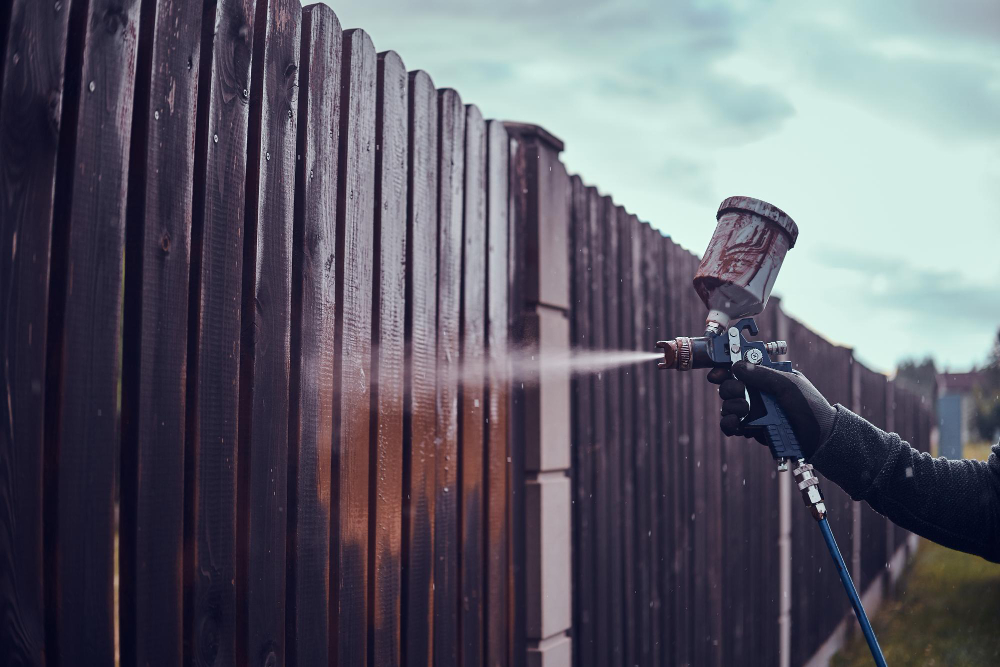Tips to Waterproof Your Fence and Keep It Safe from Water Damage

Your fence is an integral part of your property. Not only does it provide privacy and security, but it can also add beauty and value to your home. But, like any outdoor feature, it’s vulnerable to the effects of nature. Water damage can be a serious issue for fences, causing structural damage, rot, and unsightly stains. Fortunately, there are many ways to waterproof your fence to ensure its long-lasting durability and beauty. In this post, we’ll share some tips and tricks to help you keep your fence in pristine condition.
1. Choose the right materials
The first step in waterproofing your fence is choosing the right materials. Some materials are naturally resistant to water damage, while others are vulnerable to rot and decay. For example, cedar and redwood are naturally resistant to water damage, so they’re good choices for fence construction. Pressure-treated wood is also a good option, as it contains chemicals that protect against moisture and rot. If you’re using metal or vinyl for your fence, make sure it’s coated with water-resistant paint or sealant.
2. Apply a waterproofing sealant
After you’ve chosen the right materials for your fence, the next step is to apply a waterproofing sealant. This sealant will protect your fence from moisture damage and prolong its lifespan. There are many different types of sealants available, such as oil-based, water-based, and wax-based. Oil-based sealants are the most effective, but they’re also the most toxic and can be difficult to apply. Water-based sealants are easy to apply and eco-friendly, but they’re not as long-lasting as oil-based.
3. Regular maintenance
Regular maintenance is key to keep your fence in good condition. Be sure to clean your fence regularly, removing any dirt, debris, or mold that can harm your fence. Use a power washer or a mild detergent to clean your fence, and let it dry completely before applying any sealant or stain. If you notice any signs of rot or decay, replace the damaged pieces before they spread and cause further damage.
4. Proper drainage
Proper drainage is also essential to keep your fence safe from water damage. Ensure that your fence is installed on a slope to allow water to drain away from it. If you have plants or shrubs near your fence, make sure they don’t obstruct the drainage. Also, avoid spraying water directly onto your fence, as it can cause staining and damage.
5. Consult a professional
If you’re not sure how to waterproof your fence or if you need professional advice, don’t hesitate to consult a fencing contractor. A professional can assess your fence’s condition, recommend the best materials and sealants, and help you maintain your fence over time.
Conclusion
With a little effort and attention to detail, you can protect your fence from water damage and keep it looking great for years to come. Remember, waterproofing your fence starts with choosing the right materials, applying a sealant, regular maintenance, proper drainage, and seeking professional help when necessary. If you need reliable fencing services, such as fence repair in Jacksonville, FL, contact Masters Fence Contracting for help. They offer free quotes and have a team of fencing experts who can help you with all of your fencing needs. Protect your fence and your investment with the right waterproofing methods today!